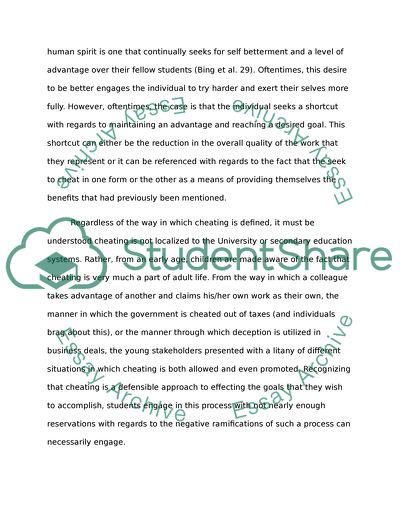Cite this document
(“Cheating cannot disappear in the school Research Paper”, n.d.)
Retrieved from https://studentshare.org/english/1494299-cheating-cannot-disappear-in-the-school
Retrieved from https://studentshare.org/english/1494299-cheating-cannot-disappear-in-the-school
(Cheating Cannot Disappear in the School Research Paper)
https://studentshare.org/english/1494299-cheating-cannot-disappear-in-the-school.
https://studentshare.org/english/1494299-cheating-cannot-disappear-in-the-school.
“Cheating Cannot Disappear in the School Research Paper”, n.d. https://studentshare.org/english/1494299-cheating-cannot-disappear-in-the-school.


